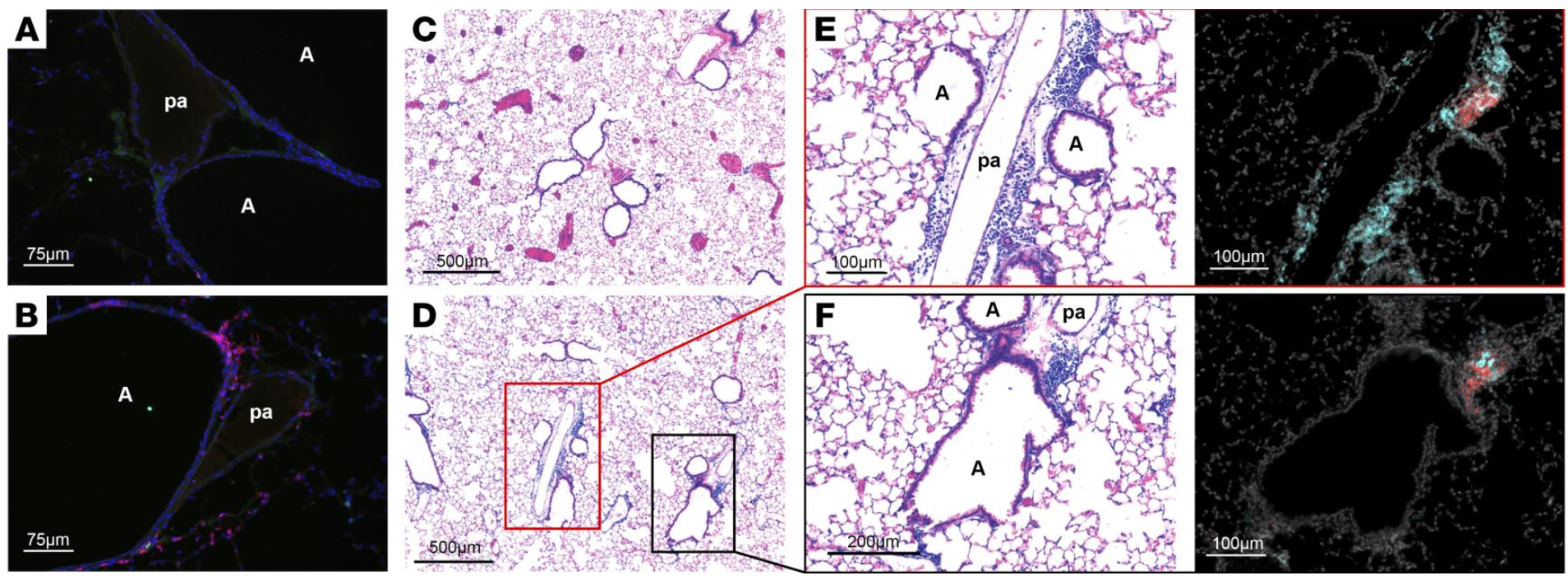Antibodies Produced in the Lung Can Prevent Respiratory Infections from Becoming Severe

Researchers in the Pulmonary Center, led by Dr. Jay Mizgerd, have discovered that after recovering from a respiratory infection, new B cells get deposited in lung tissue, persist there, and then become antibody secreting cells very quickly if the lungs get infected again later by something similar. They showed that antibodies made by B cells in the lungs help fight microbes that cause pneumonia. Mizgerd and team believe that immunity that is lung-localized differs from more conventional types of immunity in that it tends to prevent severe disease instead of preventing infection altogether and it tends to be effective against a wider range of microbes instead of against only one single virus or bacteria.
These findings were published in the Journal of Clinical Investigation and are summarized in a BU Press Release.
This work was supported by funding from National Institutes of Health grants including: R35 HL135756, R01 AI115053, R33 HL137081, and F31 HL142199.